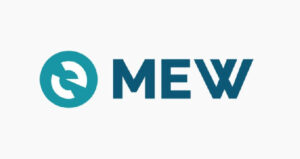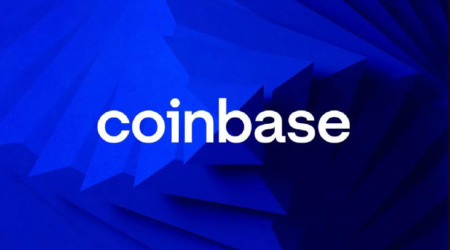-
Japan’s Financial Services Agency (FSA) has taken significant action by requesting Apple and Google to block five unregistered crypto exchanges, reinforcing the importance of compliance in the crypto sector.
-
The targeted exchanges — KuCoin, Bybit, Bitget, MEXC Global, and LBank Exchange — disregarded multiple compliance warnings, raising concerns over regulatory adherence in a rapidly evolving market.
-
“These platforms were low-key trading crypto in Japan without the right paperwork, and now their users are left exposed,” stated Mario Nawfal, highlighting the risks surrounding unregulated crypto trading in Japan.
Japan’s FSA targets five unregistered crypto exchanges, urging Apple and Google to block them. Compliance remains crucial amid a growing crypto industry.
Japan’s FSA Takes Action Against Non-Compliant Crypto Exchanges
In a decisive move to reinforce its regulatory framework, Japan’s Financial Services Agency (FSA) has formally requested tech giants Apple and Google to block the downloads of five specific cryptocurrency exchanges. This action follows a history of warnings issued to these platforms regarding their unregistered status. The exchanges in question are KuCoin, Bybit, Bitget, MEXC Global, and LBank Exchange. Despite being given ample opportunities to comply with Japan’s stringent registration requirements, these firms apparently failed to address the FSA’s concerns.
As reported by various local news sources, the FSA’s crackdown is part of a larger strategy to uphold regulatory integrity within the growing crypto market. This is particularly crucial given Japan’s broader initiatives to engage constructively with the cryptocurrency industry. The FSA has also begun reviewing and potentially revising its crypto tax laws, a move which signifies a willingness to adapt and foster a more inviting environment for compliant businesses.
Compliance: A Crucial Requirement for Crypto Operations in Japan
The demands of the FSA are underscored by the observation that non-compliance brings significant risks to both operators and users. Without proper registration, exchanges expose their customers to various dangers without any form of regulatory protection. The FSA urged these exchanges to follow compliance procedures, particularly in a landscape where established firms in other jurisdictions, like Bybit and KuCoin, are making strides toward regulatory alignment.
Interestingly, while facing this ban, some of the criticized exchanges have continued proactive measures in other regions. For instance, only recently, Bybit announced acquiring a license in India, while KuCoin reached a settlement with U.S. regulators. This starkly contrasts with their lack of action regarding Japan’s compliance requirements, raising questions about their operational strategy and commitment to regulatory standards.
Read the full article here









